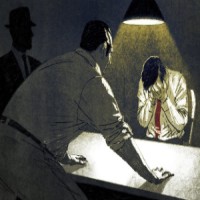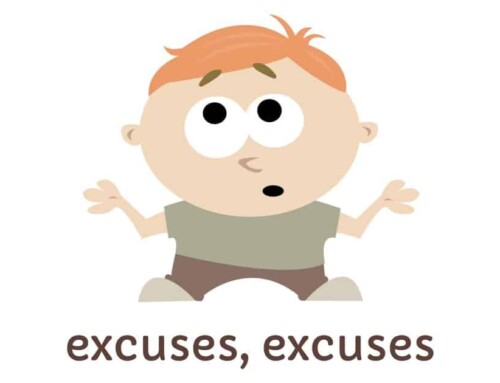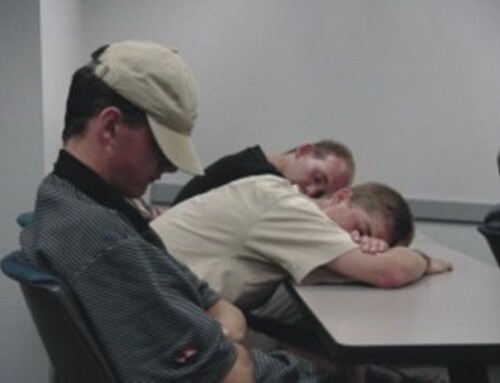“Before I begin my presentation, I’d like to ask your forgiveness.  There’s a mistake on page seven of the handout. I forgot to run that page through the spell check. And I’m sorry about my voice, but I was up late last night screaming at the dog. I also hope you don’t mind the scuff mark on the left side of my right shoe, you see I didn’t get a chance to shine both shoes this morning because I was trying to remove a stain which you can barely see right here on the edge of my sleeve.
There’s a mistake on page seven of the handout. I forgot to run that page through the spell check. And I’m sorry about my voice, but I was up late last night screaming at the dog. I also hope you don’t mind the scuff mark on the left side of my right shoe, you see I didn’t get a chance to shine both shoes this morning because I was trying to remove a stain which you can barely see right here on the edge of my sleeve.
Stop it!
There is no need for a person to point out all their public speaking sins. When you mention the reason for a mistake you only add emphasis to the error and ensure that everyone notices it. Not only is it a waste of time, but it is also distracting. Though there are times when we should apologize for a mistake (spilling a cup of coffee onto someone’s lap for example) however, most confessions and public displays of remorse are counterproductive.
Here are the type of confessions you should not utter during a presentation:
“I realize I’m speaking quickly but, I wasn’t sure I’d be able to get all this done in time.”
“Forgive me if I forget your name. I’m horrible at remembering things like that.”
“Excuse me if I keep (sniffling, coughing, blinking, etc.) I have a terrible cold.”
“I can’t tell jokes like Harry here so please bear with me if this is boring.”
“When I prepared the handouts I forgot to include (page numbers, headings, line diagrams, etc.) because I wasn’t sure if we would need them.”
“I know this is a bit jumbled. You see, I wasn’t sure which topic to start with.”
“I realize I’m not doing a good job but…
“I’m sorry about the outdated material on my slides I didn’t get a chance to change them.”
So keep your blunders and weak points to yourself. Let the audience decide how serious your flaws are. Ask for feedback, certainly, and correct mistakes when you can, but avoid turning your speech into a public penance. Concentrate on your presentation, not your problems.
Remember this the next time you feel the urge to confess during your next safety presentation or safety meeting: An honest confession may be good for the soul, but it’s bad for the reputation.





